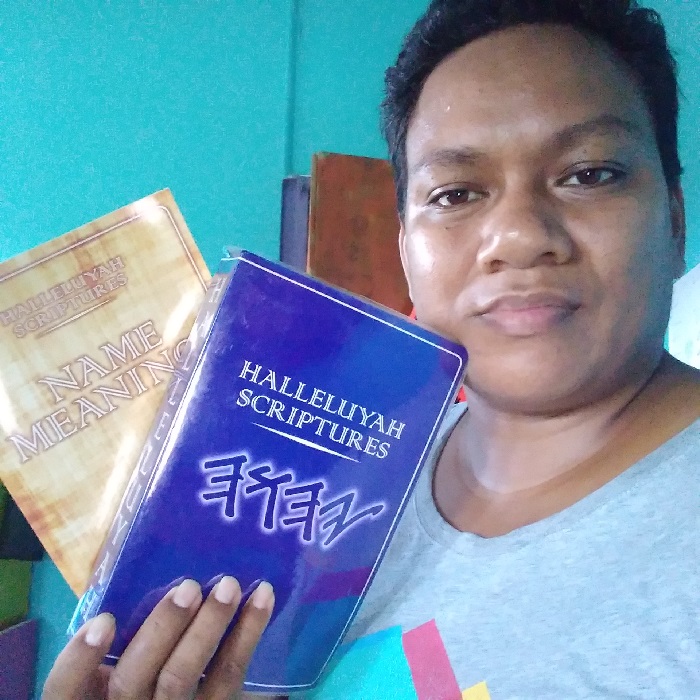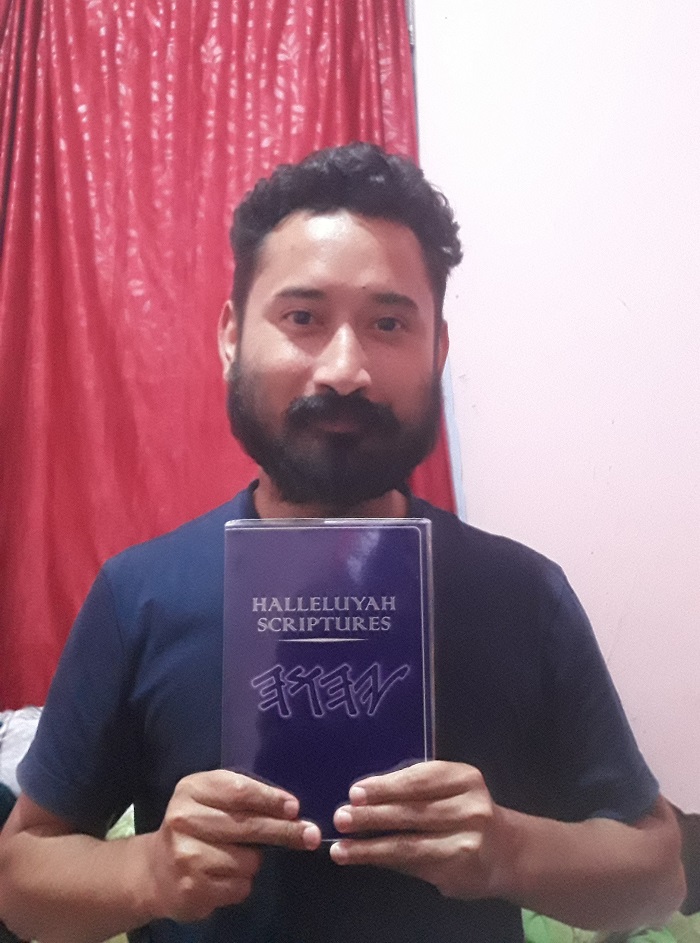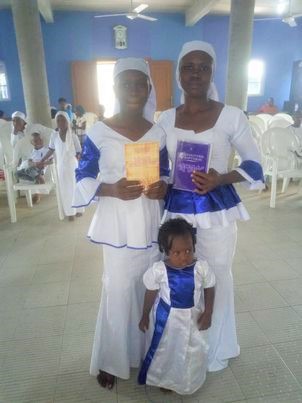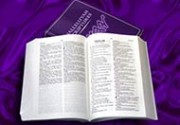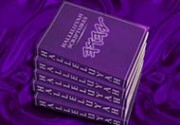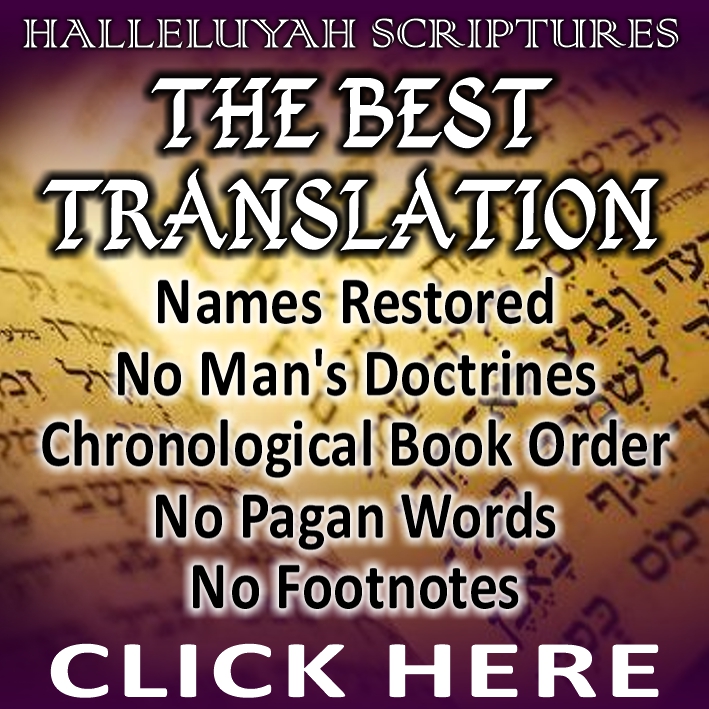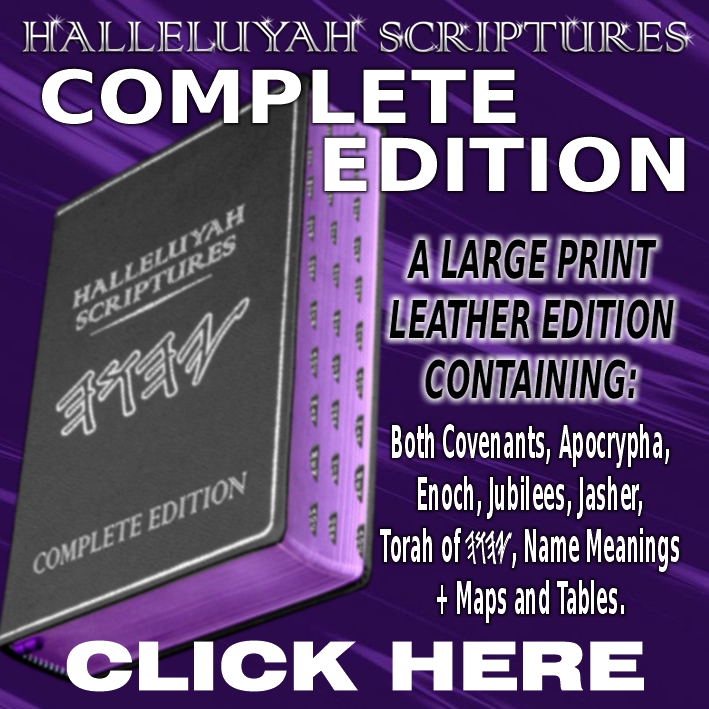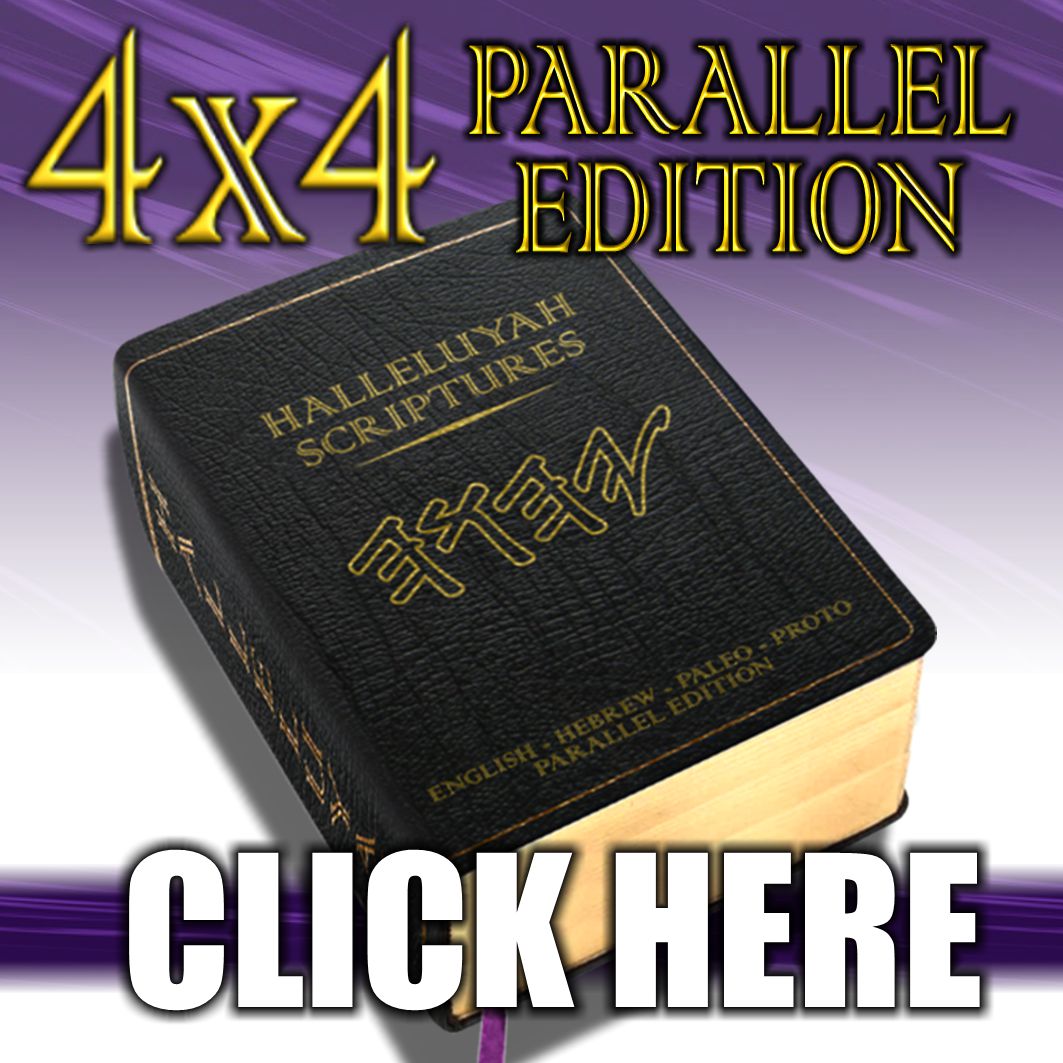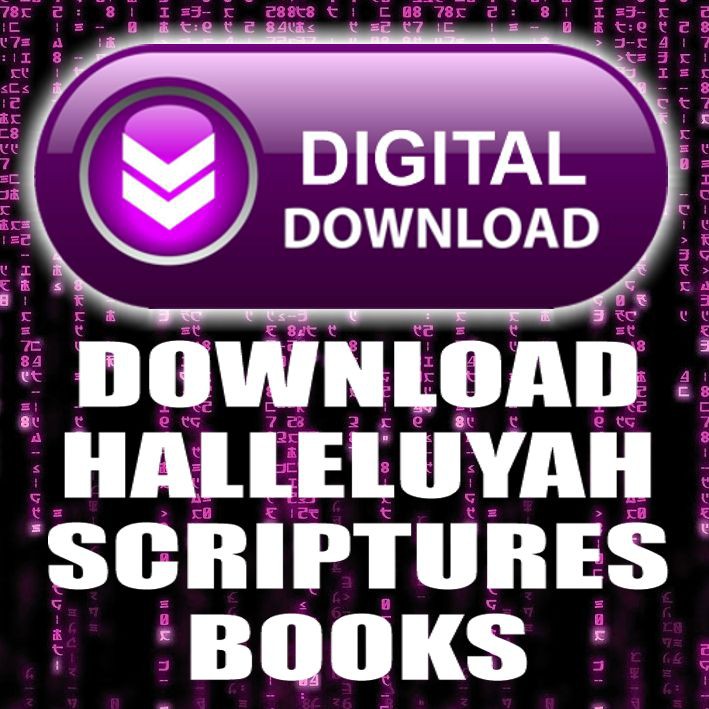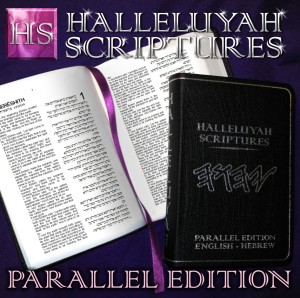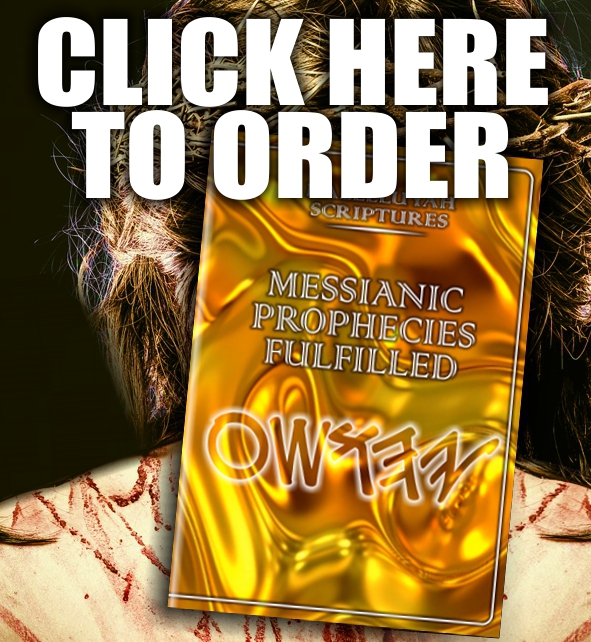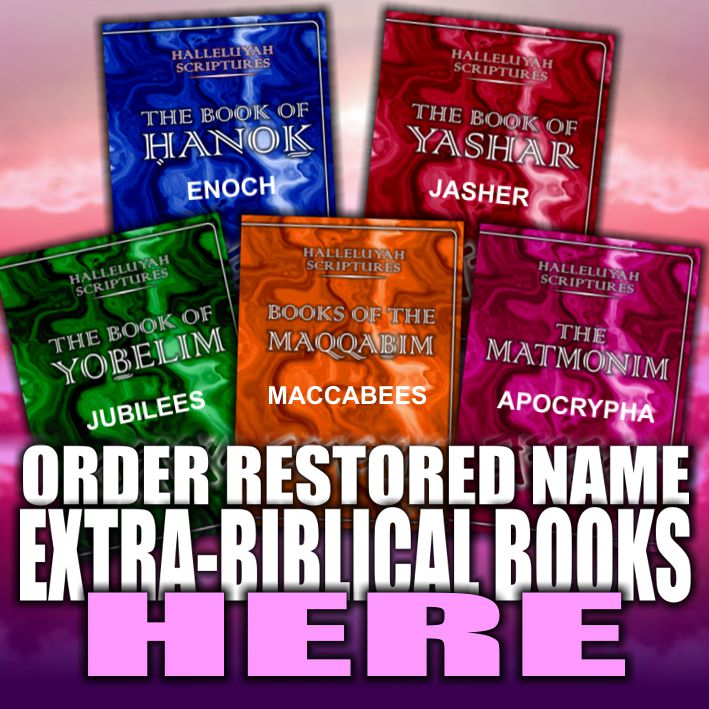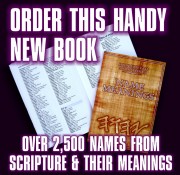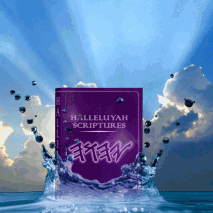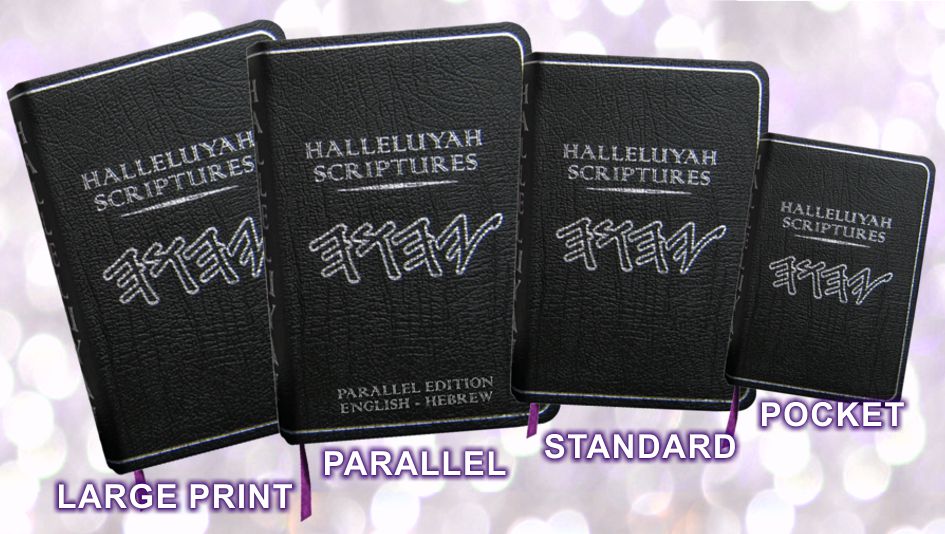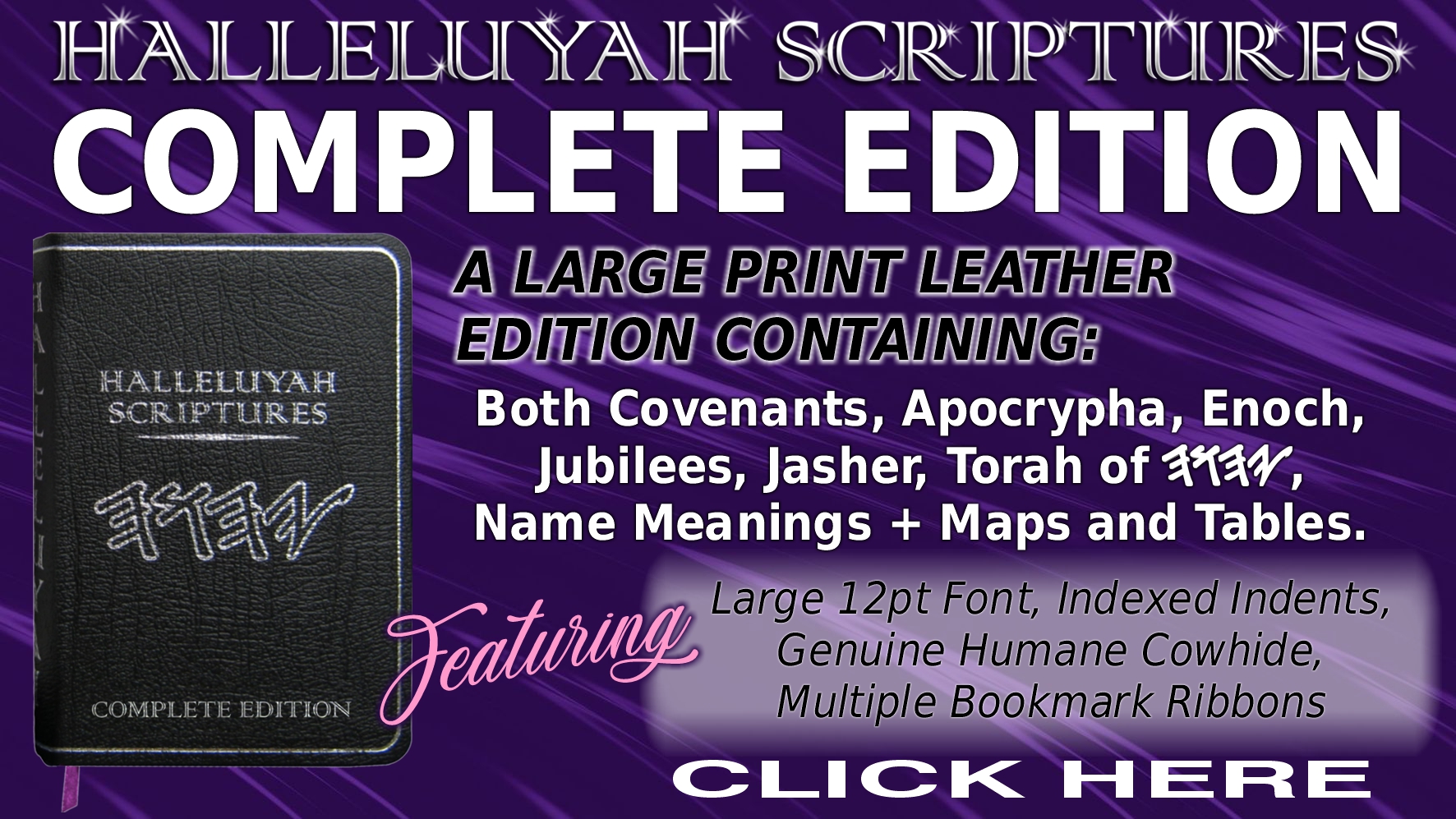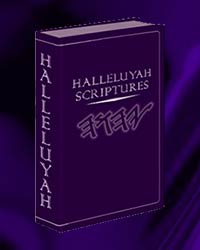
The HalleluYah Scriptures
Never in history has there been a translation of the Word that has been done in accordance with the Torah combining all the features listed below. This aims to be a literal translation of the Scriptures in English.
The following is a list of noticeable differences from other traditional translations in English:
The Name of the Almighty
Although there are a number of Messianic Scriptures available with the Name of the Creator restored to It’s rightful position, the majority have used the modern Hebrew – ![]() . This version will use the ancient — sometimes called paleo Hebrew letter forms of
. This version will use the ancient — sometimes called paleo Hebrew letter forms of ![]() — the form which it is believed
— the form which it is believed ![]() wrote His Name on the Ten Commandments in stone.
wrote His Name on the Ten Commandments in stone.
This practice is used in the “Dead Sea Scrolls” which are written in the modern form of Hebrew yet the Name of ![]() retains the form of the ancient Hebrew.
retains the form of the ancient Hebrew.
The Name of The Son
To maintain consistency the same form of paleo Hebrew is used in the written form of the Name of the Son ![]() .
.
Hebrew Names
The names of individuals throughout the Scriptures have been transliterated phonetically to match the Hebrew pronunciation rather than the traditional: i.e. Yeshayahu (Isaiah), Dawiḏ (David), Yahoshua (Joshua).
Pagan Titles
Although the English language is replete with words derived from pagan deities, this translation has attempted to remove most, if not all of these words when attributed to the Almighty, His Son or His people. In a number of cases this requires the restoration of a number of Hebrew terms that have no comparison in English: e.g. qodesh (holy), mishkan (tabernacle), kohen (priest).
An explanation of terms is found at the back. All those involved in this project are in agreement that our Creator is so qodesh that it would be blasphemous to use words derived from pagan deities in an attempt to honor Him.
Order of Books
The order of Books in the First Covenant has followed that of the traditional Hebraic TaNaḴ and the order of the Renewed Covenant has been arranged chronologically giving better insight to the letters of Sha’ul (Paul) in their historical context.
No Footnotes
This aims to be simply the Word of ![]() alone with no doctrinal footnotes or so-called “explanatory” notes added. To do so would be in violation of the Command:
alone with no doctrinal footnotes or so-called “explanatory” notes added. To do so would be in violation of the Command:
“Do not add to the Word which I command you, and do not take away from it” Deuteronomy 4:2
The Word of ![]() is self explanatory and informs us that His Spirit teaches us in all matters:
is self explanatory and informs us that His Spirit teaches us in all matters:
“But the anointing which you have received from Him stays in you, and you have no need that anyone should teach you.” 1 John 2:27













